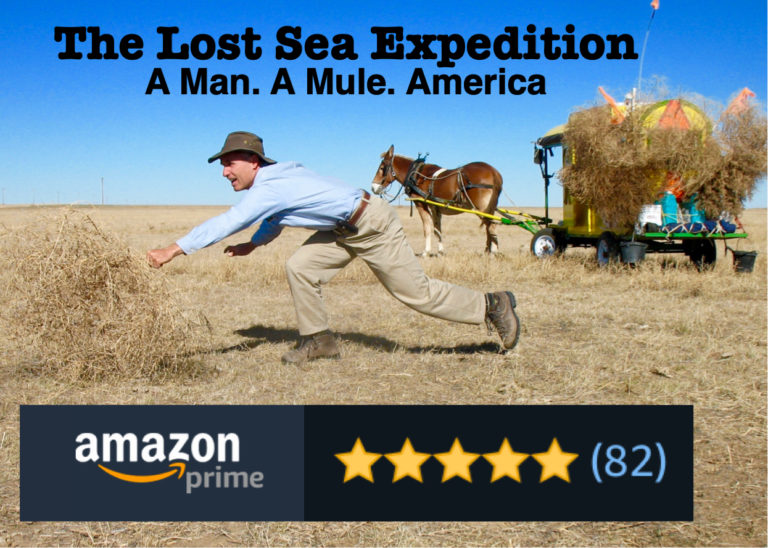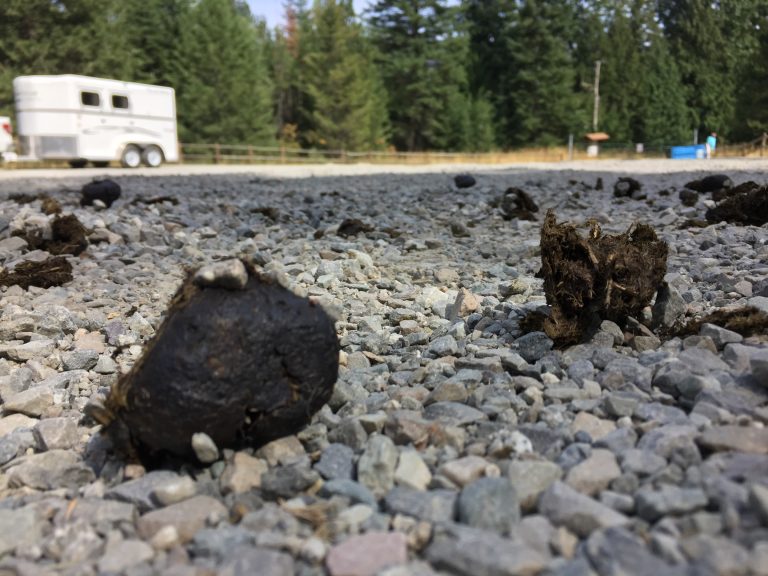 FEI.org/stories - Full Story with video
FEI.org/stories - Full Story with video27 March 2020
Words by Richard Mulligan
Three international equestrian stars enjoyed a life-changing experience on a 100km trek with wild horses in the Pyrenees...
Juan Matute Guimon is a young Dressage star who has reached the top of his sport at just 22 years old, but nothing could prepare him for the life-changing experience of guiding 30 wild horses on a 100km trek through the Pyrenees.
The young Spaniard signed up to take part in a three-day transhumance, which is the traditional movement of livestock between the valleys and the lush high mountain pastures. He and fellow travellers Hanna Tardiveau and Laura Demaille – both international Jumping stars - were charged with the responsibility of accompanying 30 wild Merens horses on the journey through the mountains with an elevation of 8,100m...
Read more and see video here:
https://www.fei.org/stories/transhumance-pyrenees-horse-pilot

 Chris Hinkle photo
Chris Hinkle photo 

